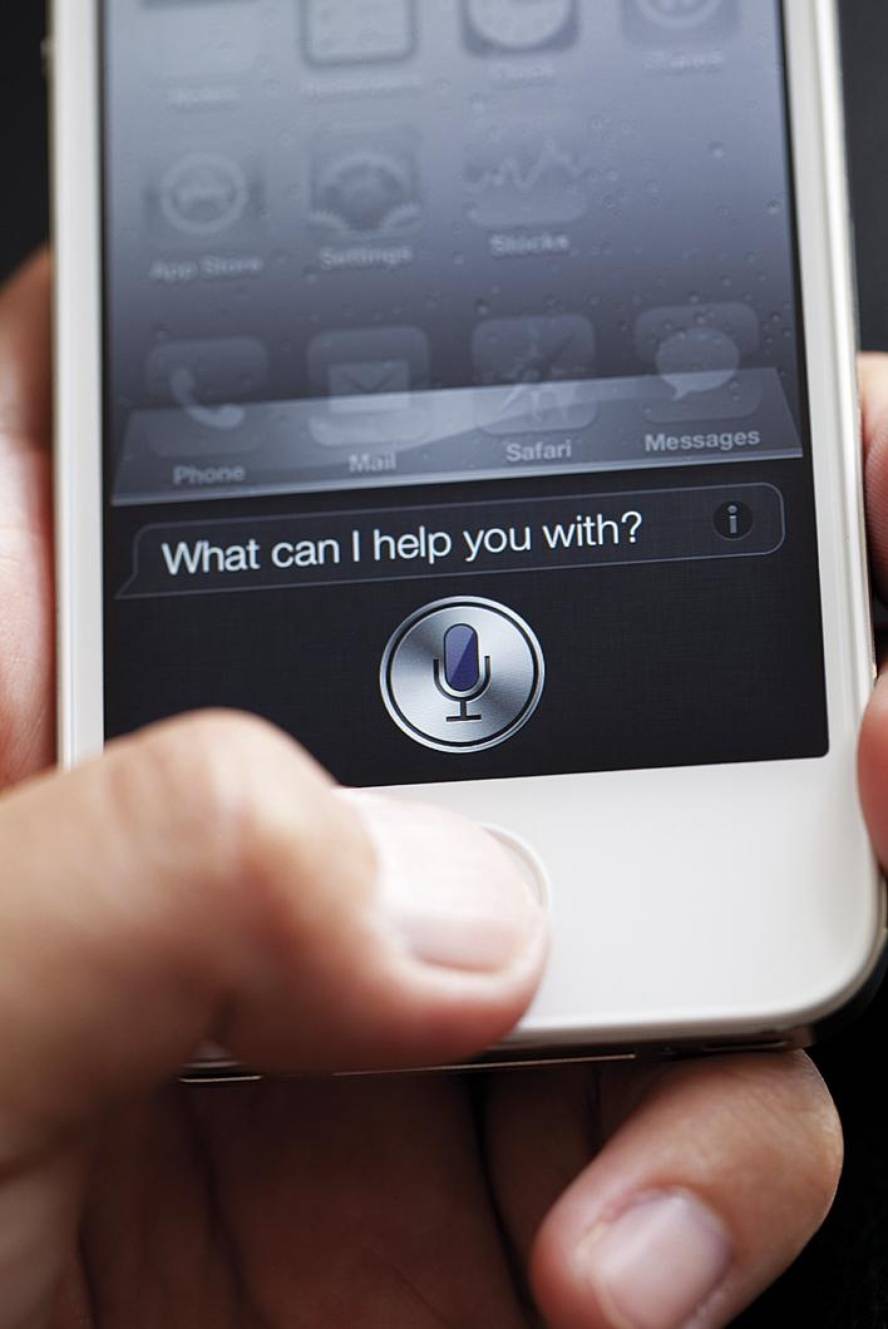Dialogue agents already arrive
Although for many things do not exist until Apple does, the dialogue agents are not from yesterday morning. One of the best known pioneers is the CHURCH, developed at MIT in 1966; it did not work by voice, but by keyboard and screen, but was able to maintain a conversation in natural language.
Before Apple's Siri, since 2010 there was already the Google Voice Actions app on Android mobile. With this, voice interaction is also created, but it is not like that of Siri: The Google app understands certain commands (" listen to [group, album, song]", " call [someone from the agenda, a company]", " send e-mail to [someone from the agenda]", " map of [city]", " navigate to [address, company]", " search [search]"...); The language we can use with Siri is not limited, that is, it has interface by natural language. It is true that, after all, they can do almost the same with both, but the conversations with Siri are more natural and the answer also "reads" us, instead of showing it only on the screen. On the other hand, with Siri the risk of not understanding or misunderstanding as we say things is greater, but in cases where he has not understood or is not sure, he asks again, or asks to specify more, or to ratify.
Revolution no, but significant innovation
But to Siri we must not subtract any merit. It is the first time that a natural language agent and voice is introduced into a widespread device. And although it is not perfect and sometimes fails, it must be recognized that in general it gets good results. In fact, behind Siri's technology is a company entirely dedicated to it, also called Siri, which Apple bought in April 2010.
Siri uses different technologies to do what he does: voice knowledge, language processing, ontologies... The combination of all of them allows to understand different orders, but at the same time makes it more sensitive to errors. The accuracy of each of these technologies is not 100%, and the errors that can occur in each of them accumulate in the global result.
However, this type of systems get better results in specific and/or limited domains, as is the case with Siri, in which conversations are limited to what a mobile can normally do, which greatly facilitates the understanding of what is said to him. On the other hand, knowledge of the context also helps a lot to this type of agents, and in a smartphone we have a lot of information of the context: position (can be known through GPS or phone antennas), contacts of the agenda, previous searches, websites previously navigated, previous calls...
Agents in Basque?
It is known that Apple often marks the trend, and surely in the near future we will begin to see more dialogue agents on the smartphones of the competition, or why not, on other devices (tablets, e-books, computers...). For example, for phones with Android operating system there are already many applications like Siri (Jeannie, Andy, Cloe, Iris, Vlingo, Speaktoit Assistant, Risi...). Some of them existed before Siri and thanks to him they have gained visibility, but others have come after. The only thing that is needed for conversation agents to have a definitive spread on Android mobile is that the operating system will bring one of them pre-installed and selected by default, as has happened on iPhones. And it seems Google is doing it: He says that in the following version of Android will bring installed by default a dialogue agent developed by him, called Majel.
These natural language agents work with one or more languages. Siri, for example, is in English, French and German; some applications for Android are also in Spanish. But there are still no conversation agents who know Basque for mobile phones. And if in the future they are made of everyday use, we need them also in Basque.
In 2008, within the research project of linguistic technologies AnHitz, the Elhuyar Foundation, the research groups IXA and Aholkularitza of the UPV and the research centers Vicomtech and Robotiker-Tecnalia carried out a demo of a speech agent, AnHitz. He was a virtual expert in science and technology who answered questions in these fields and allowed multilingual searches. And in 2011 these same institutions have developed the demo of another dialogue agent within the BerbaTek project, this time a personal tutor for language teaching. In both cases, voice and natural language are the way interaction occurs, and this technology is equally applicable to the actions that can be performed on a mobile. Therefore, it is only necessary that mobile producers show interest in the Basque language to be agents of conversation that know Basque in mobile phones.







